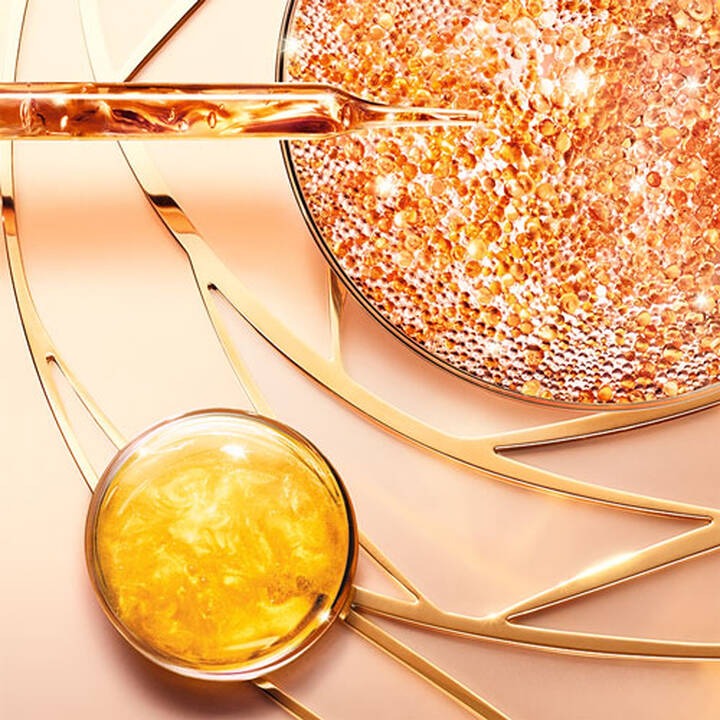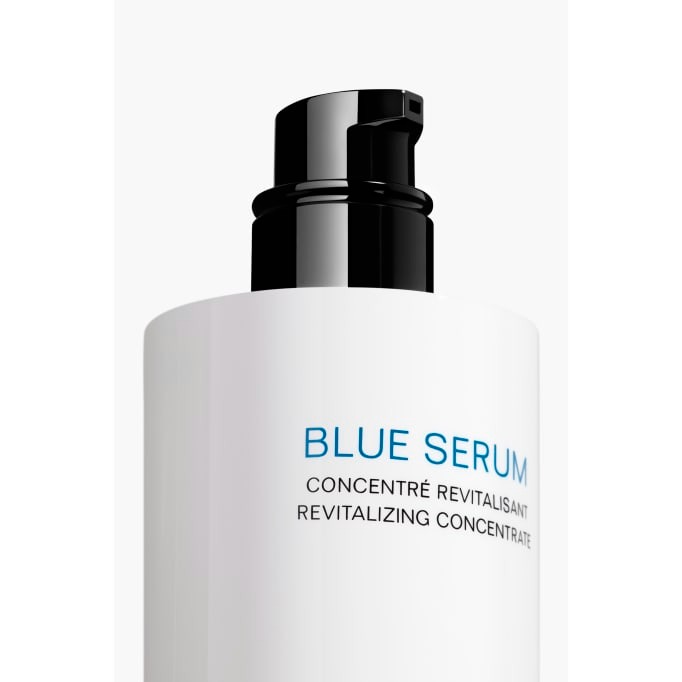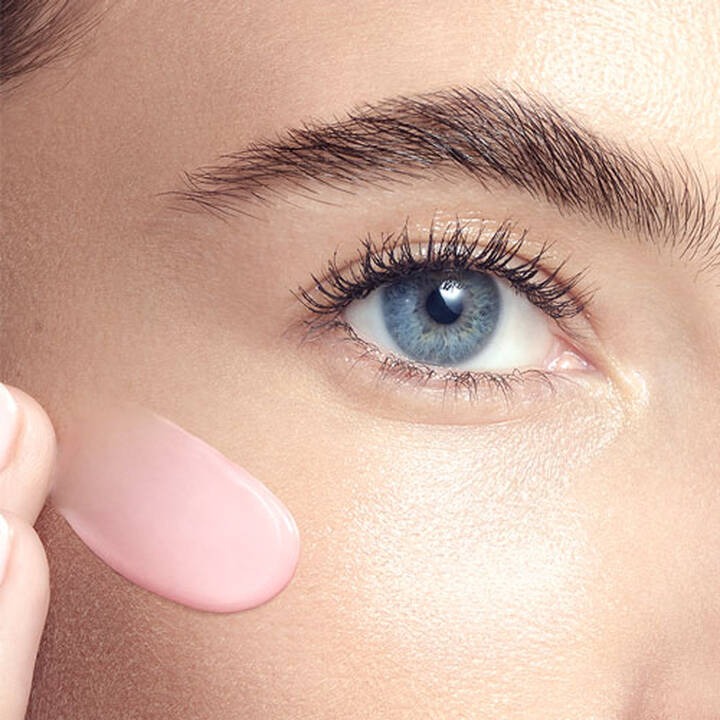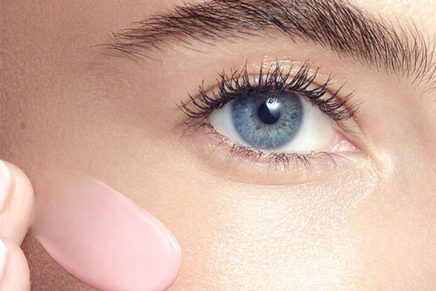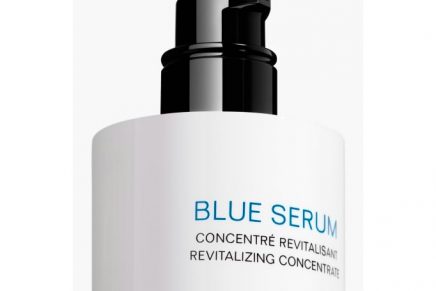In the ever-evolving world of luxury beauty, it’s no longer just about looking fabulous—it’s about harnessing the power of cutting-edge science to achieve that glow. Biotech beauty is the latest trend to sweep the industry, combining the best of nature and technology to create innovative products that are as smart as they are stylish. From lab-grown ingredients to AI-driven skincare, let’s dive into the most exciting developments that are reshaping the beauty landscape—and the price tags that come with them. But before we get too starry-eyed, let’s also take a moment to consider some of the potential downsides of this high-tech beauty revolution.
Biotech Beauty: The New Frontier
Lab-Grown Ingredients: Move over, nature! The beauty industry is now growing its own ingredients in the lab. Forget about harvesting plants or sourcing animal by-products—now we’re talking about lab-grown collagen, elastin, and keratin. These biotech wonders offer the purity and consistency of nature’s finest, minus the environmental impact. Imagine slathering on a cream that’s been perfectly engineered to give your skin the bounce and resilience of youth—sounds like a dream, right? Well, it’s here, and it’s setting the stage for the future of beauty.
Algae-Based Innovations: Another star player in the biotech beauty world is algae, especially microalgae. This tiny powerhouse is packed with anti-aging and moisturizing properties. Even better, it’s sustainable—algae can be grown and harvested without the environmental toll of traditional ingredients. Luxury brands are tapping into this resource to create potent products that promise to keep your skin looking plump and hydrated. Just imagine the serene, glowing skin you could achieve with the ocean’s best-kept secret!
DNA-Based Skincare: Personalized skincare is taking a leap into the future with DNA-based products. Brands are now analyzing your genetic makeup to craft skincare tailored to your unique needs. Whether you’re prone to collagen breakdown or battling pigmentation, these bespoke solutions target your skin’s specific quirks. It’s like having a skincare routine that was literally made for you—because it was!
Synthetic Biology: The Future of Active Ingredients
Biosynthetic Actives: Why search the world for rare botanicals when you can create them in a lab? Thanks to synthetic biology, brands are producing active ingredients like hyaluronic acid and squalane without depleting natural resources. The result? High-performing skincare that’s kinder to the planet. Whether it’s reducing wrinkles or boosting hydration, these biosynthetic marvels are paving the way for a more sustainable beauty routine.
CRISPR-Cas9 for Skincare: The idea of editing genes to fix skin issues might sound like science fiction, but it’s becoming a reality. CRISPR technology is being explored to tackle everything from hyperpigmentation to wrinkles by editing the genes responsible for these problems. It’s early days, but the potential for tailored, gene-targeting skincare is enormous—and undeniably exciting.
The Skin’s Microbiome: A New Focus
Probiotic and Prebiotic Skincare: We’ve all heard about the importance of gut health, but what about the health of our skin’s microbiome? Luxury brands are diving into the world of probiotics and prebiotics to create products that support the skin’s natural ecosystem. By nourishing the community of microorganisms living on your skin, these products help maintain a healthy barrier and reduce inflammation. It’s skincare with a holistic twist!
Postbiotics: Taking it a step further, postbiotics—those nifty byproducts of probiotics—are now being added to skincare. They offer benefits like enhanced hydration and anti-inflammatory effects, giving your skin that extra boost it didn’t know it needed.
Packaging Goes Green
Biodegradable and Plant-Based Materials: As consumers demand more eco-friendly options, luxury beauty brands are stepping up with biodegradable and plant-based packaging. Whether it’s bioplastics made from corn starch or completely compostable containers, the future of packaging is looking decidedly green. Now you can indulge in your favourite products without the guilt of contributing to environmental waste.
The Magic of Delivery Systems
Encapsulation Technologies: Nanotechnology isn’t just for space exploration—it’s making waves in skincare, too. Encapsulation technologies use nanotechnology to encase active ingredients, ensuring they reach the deeper layers of your skin where they can do the most good. It’s a high-tech approach to delivering results right where you need them.
Microneedling Patches: For those who love a bit of a techy twist in their routine, microneedling patches are the latest must-try innovation. These dissolvable patches deliver active ingredients directly into the skin’s deeper layers, offering more effective results than traditional creams or serums. They’re painless, convenient, and incredibly chic.
Luxury Brands Leading the Charge
Some of the biggest names in beauty are already embracing biotech innovations, offering products that combine luxury with the latest in scientific research. Let’s take a look at some of the leaders:
La Prairie has introduced Caviar Premier, a biotech-derived caviar extract that ensures the consistency and potency of the active ingredients. With prices ranging from £350 to £2,000, these products are as indulgent as they are innovative.
Chanel is harnessing the power of microalgae biotechnology in their Blue Serum, priced around £120. Their Sublimage L’Extrait de Crème, featuring sustainably sourced Vanilla Planifolia, can set you back up to £450.
L’Oréal has developed Pro-Xylane, an anti-aging ingredient created through green chemistry, featured in products like the Lancôme Absolue Precious Cells Day Cream (£250). They’ve also unveiled the Perso AI-Driven Device, which uses biotech to create personalized skincare—truly the future at your fingertips.
Biossance is a brand known for its biotech-produced, plant-based squalane, offering luxurious hydration at prices ranging from £28 to £90.
Givaudan, a key player in fragrance, is using biotech to blend science with sensory experiences, influencing everything from mood to skin health with products typically priced between £100 and £400.
Estee Lauder is a pioneer in using fermented ingredients, creating highly effective skincare like their Advanced Night Repair Serum, available for around £110.
Potential Downsides: A Cautionary Tale
As dazzling as these biotech innovations are, they’re not without their potential pitfalls. Here’s a closer look at some of the concerns that come with this brave new world of beauty.
Safety Concerns for Humans: While biotech ingredients undergo rigorous testing, there’s always a risk of allergic reactions or sensitivities—especially when dealing with something as complex as skin. Lab-grown collagen and probiotics might work wonders for some, but they could cause adverse reactions in those with specific allergies or skin conditions. Moreover, with many of these innovations being relatively new, the long-term effects remain largely unknown. While initial tests show promise, we’re only beginning to understand how these ingredients will interact with our skin over decades.
Environmental Concerns: Biotech often touts its sustainability credentials, but it’s not always as green as it seems. Some biotechnological processes can be resource-intensive, demanding significant amounts of energy, water, or other inputs. And while lab-grown ingredients might reduce the strain on natural resources, large-scale production of these bioengineered materials could pose risks to local ecosystems if not carefully managed. There’s also the issue of biodegradability—some synthetic ingredients might not break down as easily as their natural counterparts, potentially leading to long-term environmental impacts.
Ethical and Regulatory Challenges: The use of synthetic biology, particularly genetic modification, raises a host of ethical questions. Should we be manipulating organisms at a genetic level? And who owns these genetically modified life forms? These are thorny issues that the beauty industry will need to navigate carefully. Moreover, the rapid pace of innovation in biotechnology sometimes outstrips the development of regulatory frameworks. This can lead to a patchwork of safety and efficacy standards across different regions, leaving consumers uncertain about what they’re really putting on their skin.
The Price of Innovation
Biotech beauty offers a dazzling array of benefits—sustainability, personalization, and efficacy—but it’s not without its challenges. From potential safety concerns to environmental and ethical issues, this high-tech beauty revolution requires careful consideration. While current data supports the safe use of biotech products, ongoing research and monitoring are crucial to address any emerging concerns.
As we stand on the cusp of this exciting new era, it’s clear that the future of beauty will be shaped by science in ways we can only begin to imagine. But as we embrace these innovations, we must do so with eyes wide open, mindful of the potential downsides as well as the dazzling benefits. After all, beauty is about balance—both in our skincare routines and in the way we approach the world around us.

